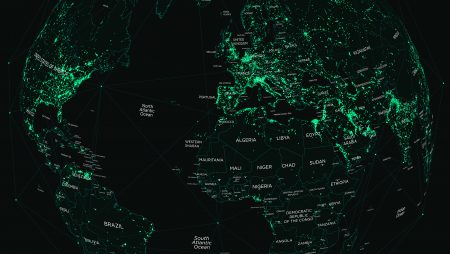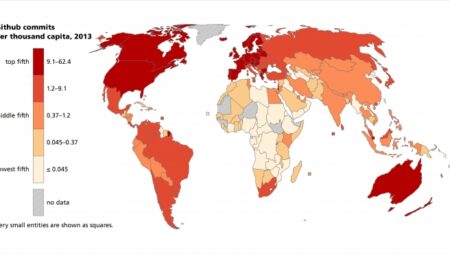About
Stef’s work at the Oxford Internet Institute focused on the analysis and visualisation of the geographies of the Internet. The project aims to study the contemporary geographies of knowledge and the ways that those information landscapes are changing over time. In particular, she is interested in studying how geography influences information access, production, and representation, and how geographic places are discussed and represented on the Internet.
Stef’s research focuses on Geospatial Artificial Intelligence (GeoAI). Her primary research interests lie in representation learning and foundation models, developing deep neural networks for urban analytics, including geodemographic classification and the study of urban form and function. Moreover, her recent work includes geospatial approaches to AI safety and mechanistic interpretability, exploring how large language models “think” about geographic information, and applications in cultural analytics.
Research Interests
Internet geographies, urban analytics, geospatial artificial intelligence








